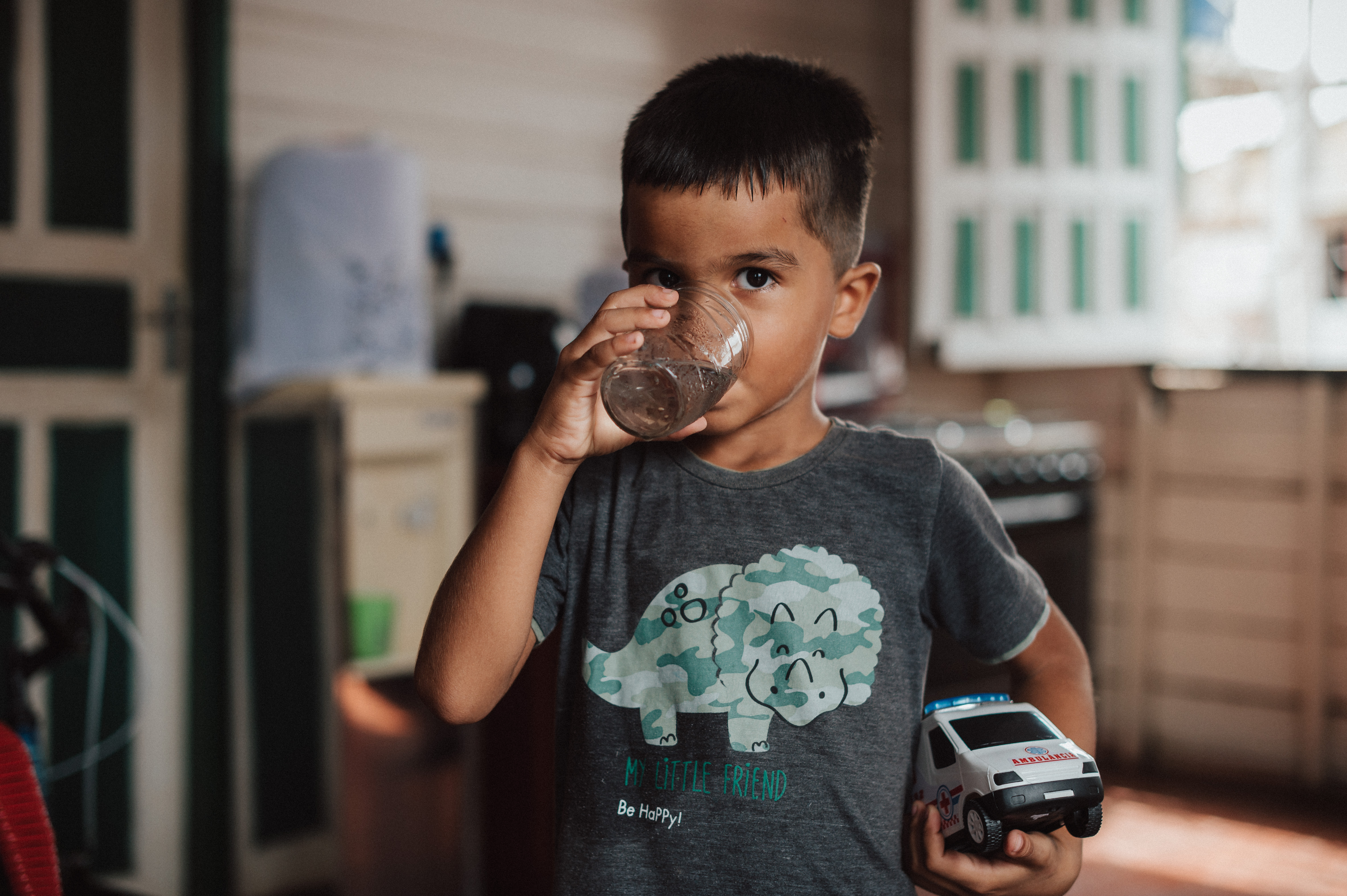

Description
The National Solid Waste Policy, established by Law No. 12.305/2010 and regulated by Decree No. 10.936/2022, marks a key advancement in Brazil's socio-environmental and sanitation landscape. It introduced significant innovations, including: the requirement of regularization of waste disposal areas and banning of irregular disposal; promotion of recycling market by recognizing waste pickers as essential to the recycling chain; mandatory reverse logistics for materials like tires, lamps, and batteries; encouraged cooperation between federated entities for regional waste management; and establishment of shared responsibilities for producers, users, and governments in waste management.
The establishment of PNRS reflect both social and economic aspects of the country, such as the advance of the Solid Waste Management sector, which consequently has a series of positive impacts to improve the quality of life of countless families in the country. All the development achieved with the advent of this policy has led to healthier environments for homes and schools located in areas close to old dumps; the tendency to eradicate child labor; generation of job opportunities for low-income families who have started to work in the recycling industry, thus increasing family income and providing a better quality of life for children and adolescents; expansion of the recycling market from the collection process to industrial processin;, and expansion of environmental awareness throughout society as a whole, spreading more information about the role and contribution of each individual in the issue of urban cleaning and waste management.
Criteria 9/11
- ACCESSIBILITY
- ALIGNMENT WITH SDG 1,3,4,6 AND/OR 11
- RACE AND GENDER ISSUES
- ATTENTION TO CHILDREN AND ADOLESCENTS
- LOW COST
- SOCIAL DIFFUSION
- ADMINISTRATIVE EFFICIENCY
- ADHERENCE AND CONTINUITY AT LOCAL LEVEL
- WASH INITIATIVE
- CLIMATE RESILIENCE
- SUSTAINABILITY
This policy is directly related to the municipal and state departments working in the Solid Waste Management sector, guiding the preparation of municipal solid waste management plans. Other institutions at the federal level that relate to this policy are: the National Health Foundation (FUNASA/Ministry of Health); Secretariat for Indigenous Health (SESAI/Ministry of Health, Secretariat for Health Surveillance (SVS); National Secretariat of Environmental Sanitation (SNSA/Ministry of Cities).
Federal Managers, State Managers, Municipal Managers, Civil Society, Waste pickers' associations and cooperatives, private companies involved in solid waste management
National
Since 2012
PNRS points out measures that need to be in place to ensure the law is adequately implemented, namely:
• Establishment of the National Reverse Logistics Program, integrated with the National Solid Waste Management Information System - Sinir (acronym in Portuguese) and the National Solid Waste Plan - Planar (acronym in Portuguese).
• integration of waste pickers of reusable and recyclable materials in actions involving shared responsibility for the life cycle of products;
• stimulating the implementation of product life cycle assessment;
• encouraging the development of environmental and business management systems aimed at improving production processes and the reuse of solid waste, including recovery and energy use;
• stimulating environmental labeling and sustainable consumption;
• mandatory for municipalities to create the municipal plan for integrated solid waste management;
• obligation to transport hazardous solid waste.
PNRS provides in Article 18 of the Law "The preparation of a municipal plan for integrated solid waste management, under the terms provided for by this Law, is a condition for the Federal District and the Municipalities to have access to resources of the Federal Government, or controlled by it, destined to enterprises and services related to urban cleaning and solid waste management, or to be benefited by incentives or financing from federal credit or development entities for such purpose".
The National Solid Waste Management Information System (SINIR) monitors all information related to solid waste management in the country. The information is declared by the municipality itself to the Ministry of Environment and Climate Change, manager of said system.
The various modalities of financing actions under this policy can be: Non-refundable resources, Technical advice, Credit granting through International Banks and institutions such as development agencies; Development banks; Public commercial banks; Private financial institutions.